commentary Commentary
Commentary: Why it’s not in Beijing’s interest to rock the Hong Kong boat
And for all that talk about how Hong Kong is now in a very dangerous situation, the city may again prove itself to be more resilient than we think it is, says SUSS’ Yew Chiew Ping.
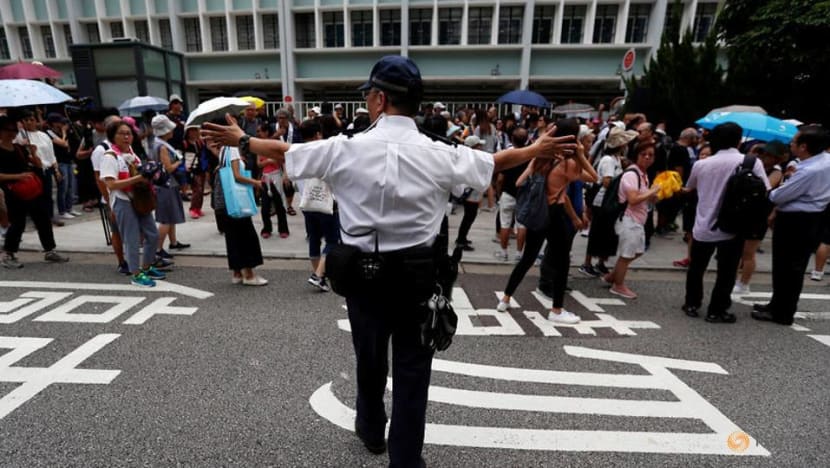
A pollice officer tries to control elderly anti-extradition bill protesters in front of central government office in Hong Kong, China, August 10, 2019. REUTERS/Issei Kato
SINGAPORE: How precarious is the situation in Hong Kong today, and to whom?
To outsiders watching Hong Kong, pervasive images of the chaotic scenes of clashes between the protesters and the police force have created an impression that the city is now in a very dangerous situation.
READ: Hong Kong has become less of a financial centre prize for China, a commentary
To the business community in Hong Kong, however, the real danger lies not in the current protests, but in how autonomous the city can continue to be.
A recent study by credit ratings agency Moody’s drives this point home.
LIMITED IMPACT ON BUSINESS SENTIMENTS
In early July, despite the massive anti-extradition protests in Hong Kong, Moody’s affirmed the city’s Aa2 credit rating, which remains two notches higher than China’s A1.
The rating incorporates Moody’s assessment of political risk for Hong Kong, which takes into account challenges to the government’s policies in recent years and particularly visible currently in large-scale protests by the population.
In fact, large-scale protests are regarded as “part of the checks and balances in place in Hong Kong, that support institutional strength,” said Moody’s. “Signs that checks and balances weaken would be a negative for Hong Kong’s credit profile.”
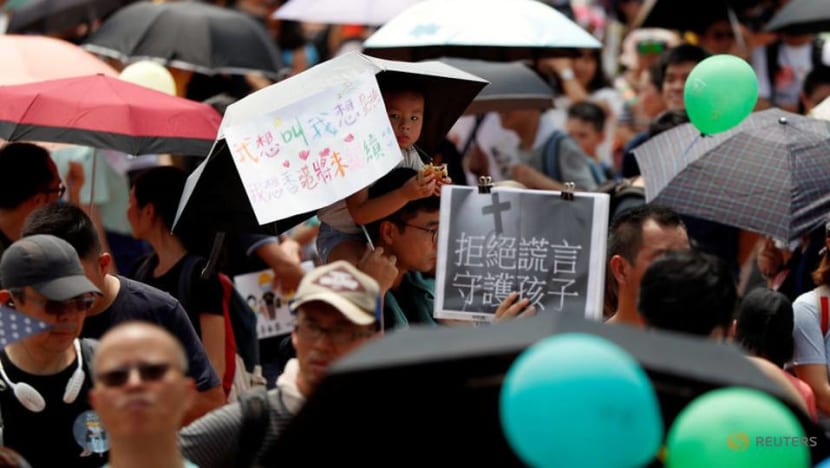
Moody’s also took pains to highlight the risk of the potential erosion of Hong Kong’s political and economic independence, and a change to its status as an independent entity from China in international settings, like the WTO and in bilateral trade arrangements.
Moody’s overall rationale for the stable outlook on Hong Kong’s ratings is revealing about wherein lies the city’s strength and value to both China and global investors: Its distinction from mainland China and other Chinese cities.
To that end, an erosion of Hong Kong’s autonomy, signalling that it is becoming more fully integrated with Beijing, would hurt the city’s higher rating.
This perceived loss of autonomy is also exactly why the Extradition Bill has triggered some degree of capital flight from Hong Kong to Singapore.
An expatriate in Hong Kong whom I communicated with expressed the same opinion. For MNCs, the value of Hong Kong revolves primarily around the well-established rule-of-law, a strong and global financial system, access to China, and an efficient market to make and move money, he said.
The key concern for businesses, he said, is about how different Hong Kong will remain under Beijing’s influence.
READ: Will Hong Kong call for Beijing’s back-up to quell protests? A commentary
Deep-seated concerns over whether longstanding public policies on foreign investments and trade could be overturned by Beijing have been heightened by the controversial Extradition Bill, viewed by some as a product of Beijing’s influence over the city and contributed to the sense that this pressure on Hong Kong authorities will only grow with the passage of time.
In this light, the current protests in the city are a minor and temporary factor to the business community, and pale in comparison with what Beijing or the Hong Kong government does next, especially if it is a move that will undermine Hong Kong’s existing freedoms and introduce uncertainty to the business climate.
BEIJING IS RELUCTANT TO ROCK THE BOAT
There are many reasons why it is in Beijing’s interests to preserve Hong Kong’s perceived autonomy, not least economic ones.
Many big Chinese companies, including state-owned enterprises, have set up offices and raised initial public offering funds in Hong Kong, as well as channelled outbound direct investment through the city.
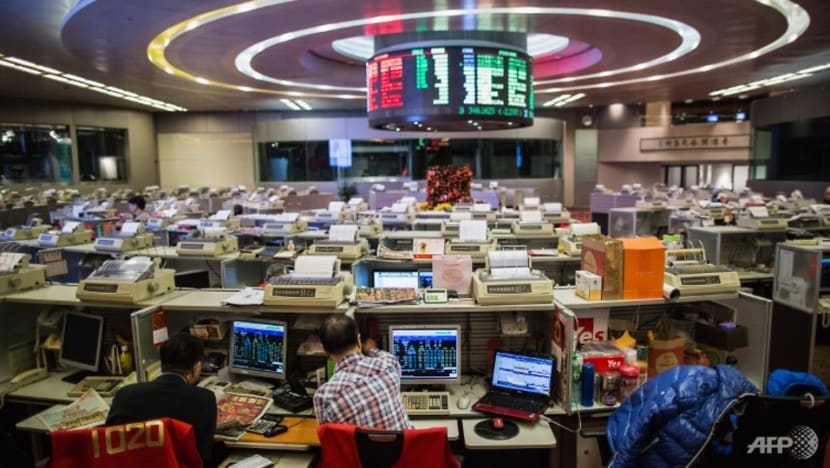
For these firms, Hong Kong’s institutional advantages offer them unparalleled access to global opportunities they do not enjoy in other parts of China.
The US-Hong Kong Policy Act further underscores the importance of ensuring Hong Kong’s autonomy from China. Under the Act, Hong Kong is treated as a separate customs territory that enjoys special commerce arrangements with the US. Import quotas and the punishing tariffs that the US has imposed on China, for example, do not apply to Hong Kong.
Amid the protracted US-China trade war, it is obvious why Hong Kong’s special trading status matters to China, so much so that Beijing in June called on the US not to pass a proposed legislation that would make the special treatment of Hong Kong under the Act conditional upon an annual review of the city’s autonomy.
READ: Who’s manipulating who in this China-US currency war? A commentary
Those who think that sending in the troops to clamp down on the Hong Kong protests is an easy option for Beijing have pathetically little understanding of Hong Kong’s strategic value to China, and of the prohibitive political and economic costs of military intervention for China.
As a Hong Kong entrepreneur in his 30s said to me, as long as Beijing does not resort to force, the effects of the current turmoil on the Hong Kong economy are likely to be temporary.
As would be expected of resourceful Hong Kongers, however, he has already sought to diversify the economic risks for his FinTech startup by expanding its business to Singapore and the Greater Bay Area.
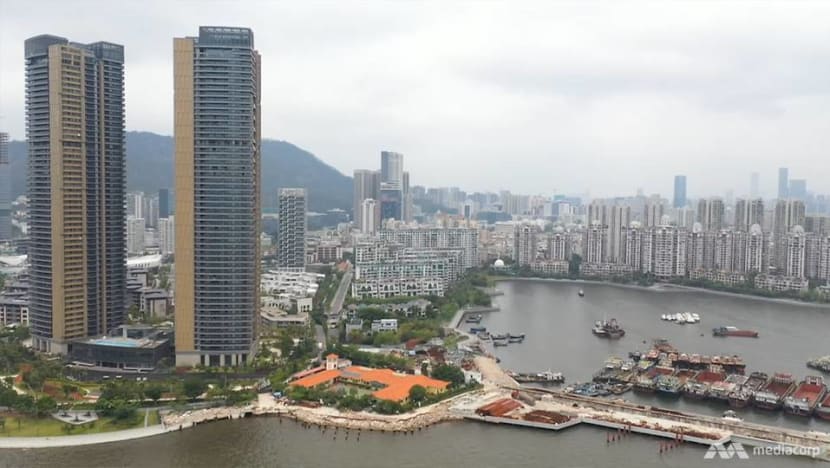
GRAVE GOVERNANCE CHALLENGES AHEAD
The repercussions of the current developments on the city’s governance and society, however, will be more lasting.
With this bout of unrest, the Hong Kong government, which should have taken resolute action to quell the conflicts, seems to have sunk into a paralysing crisis.
The Hong Kong entrepreneur told me his frustrations with the Chief Executive Carrie Lam’s ineptitude, as she “added insult to injury but didn’t offer any solution” to defuse widespread public anger in her repeated press conferences.
His sentiments are no doubt shared by the general population. Lam’s popularity rating is now at a historic low, even in comparison to her predecessors.
In the absence of meaningful democratic reforms to the Hong Kong political system, which Beijing is loath to grant, the current administration and the next will find it increasingly onerous to govern the city.
The tenacious pro-democracy Hong Kongers who have participated in this round of protests are now desensitised to violent tactics, used by the protesters themselves, the police, and even the triads.
READ: 'Be water': How the Hong Kong protests became so resilient, a commentary
Their distrust of and defiance to authority will continue to pose grave challenges to future Hong Kong leaders handpicked by Beijing and its loyalists.
Whether and to what extent the protests will damage Hong Kong social fabric remain to be seen.
As of now, the general public still appears to be tolerant and understanding towards the acts of civil disobedience, even as many had been affected by the strikes and disruptions to train services.
One probable reason is because the participants of the rallies and demonstrations since June are from a broader cross section of Hong Kong society, in comparison to the 2014 Umbrella Movement that was dominated by the youth.
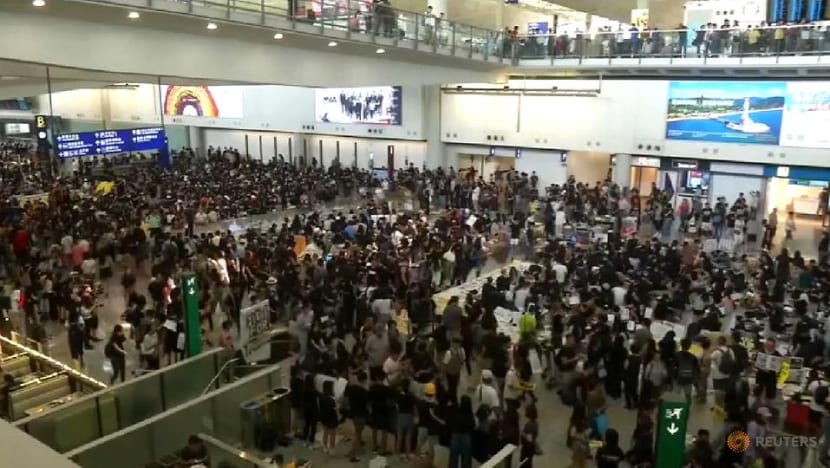
Nevertheless, the city and its people have withstood many tests since the colonial days, and it seems unlikely that they wouldn’t this time.
For all that talk about how Hong Kong is now in a very dangerous situation, the city may again prove itself to be more resilient than we think it is.
Dr Yew Chiew Ping is head of Contemporary China Studies at the Singapore University of Social Sciences.












